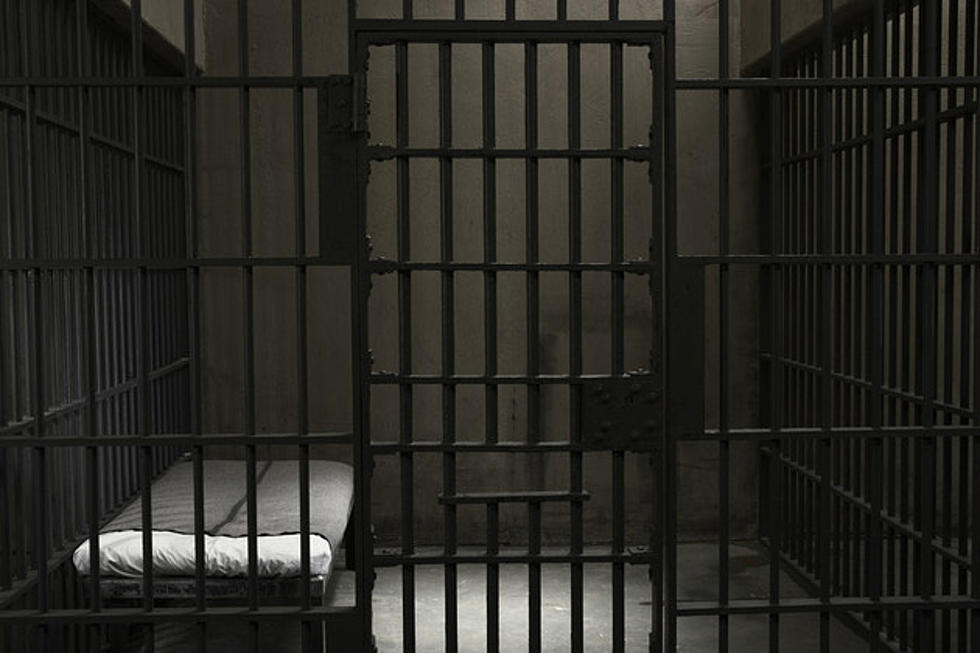
It’s an Epidemic That Can Be Stopped
Last week Governor Paul LePage ended his State of the State speech by calling on state lawmakers and citizens to recognize there's a serious epidemic in Maine and it's drug addiction.
One woman in particular was pleased the Governor addressed the issue and agrees with beefing up law enforcement, but, she cautions that's only part of the solution for reversing the powerful grip the disease has on those who struggle to regain control of their lives.
The problem can in fact be reversed, but it will take time, a multifaceted approach, and the commitment from citizens to prioritize financial resources.
"If we were treating cancer, if we were treating heart disease or diabetes, and we had an epidemic, and knew there was a large portion of the population who were not being treated because we didn't have the resources available, the community would rally," states Barbara Royal, Executive Director of Open Door Recovery in Ellsworth. "This disease deserves the same kind of attention."
The Governor mentioned harsh statistics when addressing the need for the state's war on drugs, including 163 drug-induced deaths in Maine, and as many as 927 babies being born drug addicted.
Royal says opiate addiction is hitting young people the hardest, those in their teens and early twenties, and often times they are young parents themselves. In many instances these young parents may have come from homes where drug abuse was a parental problem as well as they were growing up.
A viscous circle of drug addiction is created, but Royal believes the circle can be broken if barriers that prevent people from following through on treatment are removed, but she also acknowledges that's a huge challenge in Maine.
Those barriers that prevent someone from following a healthy lifestyle after treatment can include a lack of child care for medical appointments or to attend school, lack of transportation, an unsafe living environment, lack of good family supports, and lack of community treatment services.
To battle the state's drug problem the Governor proposes 14 additional drug enforcement agents for the Maine Drug Enforcement Agency, four new drug prosecutors, and four more judges who would preside in enhanced drug courts.
It's a move Royal supports, but she says education and treatment must come hand-in-hand with the law enforcement approach to be completely effective against the disease.
"If you have both sides working at the exact same time aggressively from both sides, okay. So you've got sufficient law enforcement so they can continue to pursue the problem from their vantage point, and at the same time you've got sufficient treatment available for those people who are suffering with addiction."
Royal goes on to explain that many times a law enforcement drug bust is a catalyst to a drug user lower in the chain to reach out for help with their drug addiction.
"One of the things that happens when law enforcement is able to break up a drug dealing circle, there are individuals who are now either terrified that they're going to get caught as a part of that, or they now do not have the access to their drug of choice that they had before the bust. So that can bump things up to a level of desperation that can force them to reach out for the help that they need."
Royal says she understands that many people have been hurt by those who are committing crimes to support their drug addictions but she says society needs to shake off some of the myths associated with drug addiction and understand it is a disease that needs to be treated for those who ask for help, and the reality is, that costs money.
"In addition to working with and supporting law enforcement, we as a state, as we move forward, need to increase in-patient beds that we desperately need for those individuals who need to start in a residential program in order to begin their wellness."
More From WQCB Brewer Maine

![Where Law Enforcement and Treatment Meet in Maine’s ‘War on Drugs’ [Video]](http://townsquare.media/site/494/files/2014/03/KCCF.jpg?w=980&q=75)







